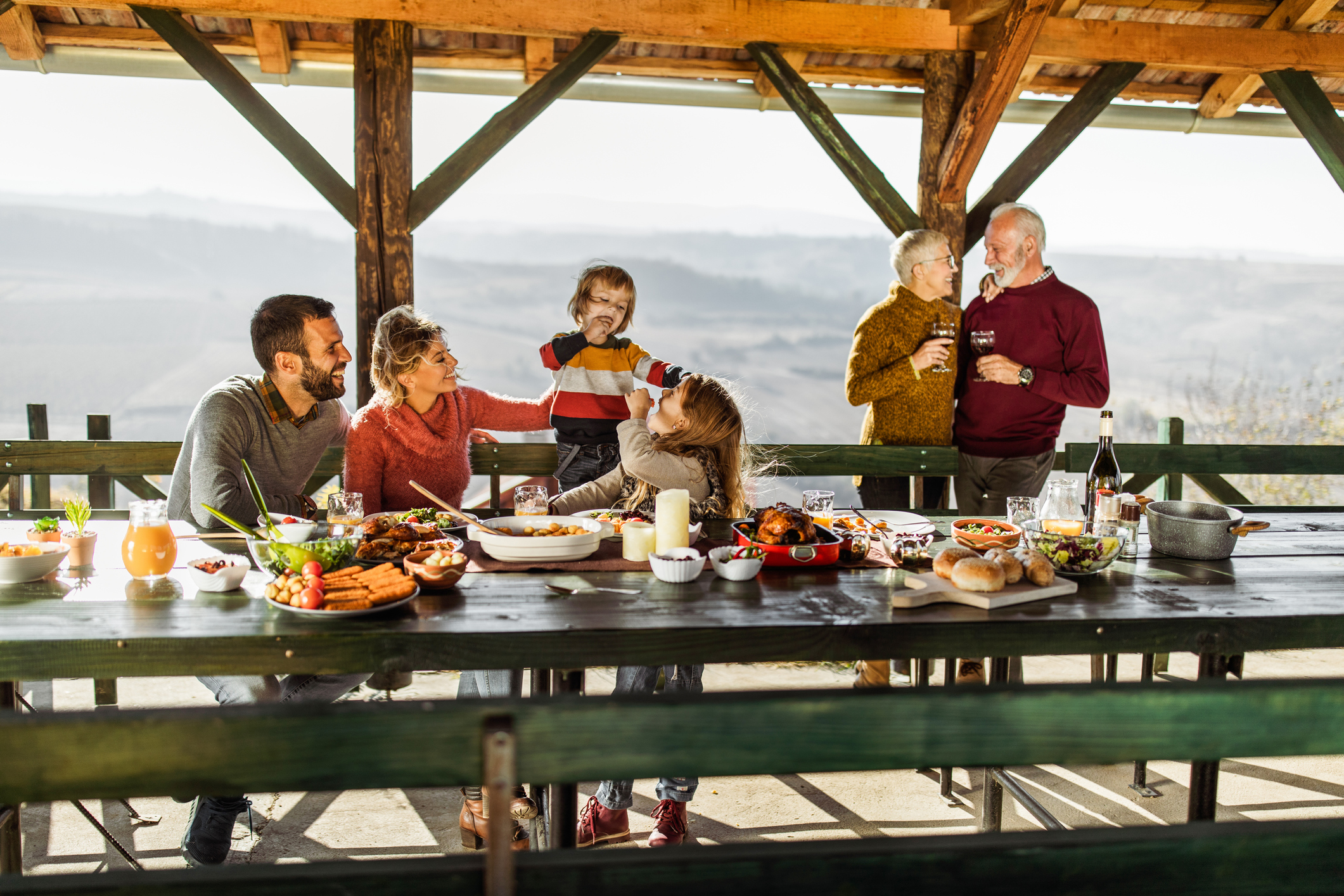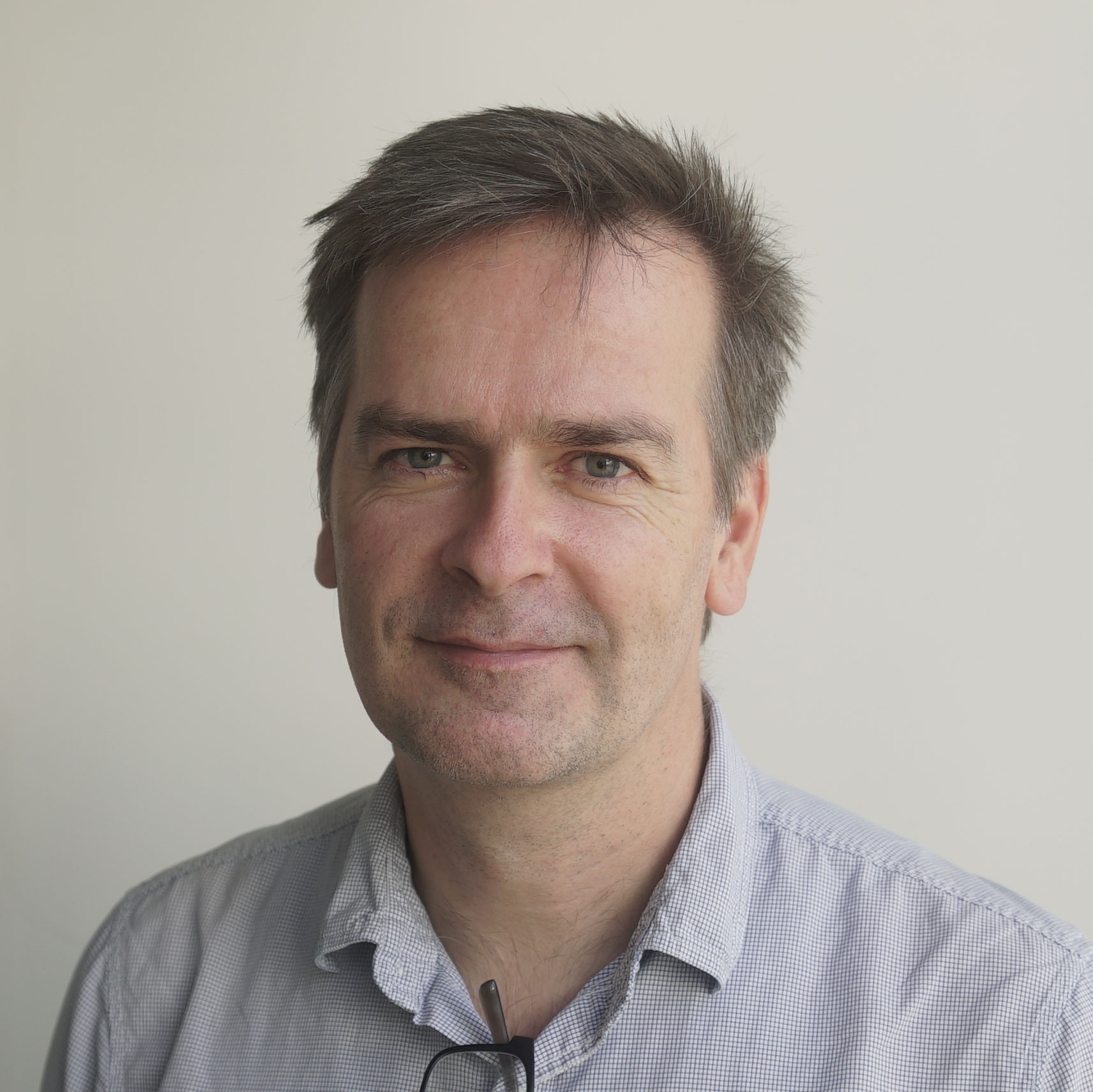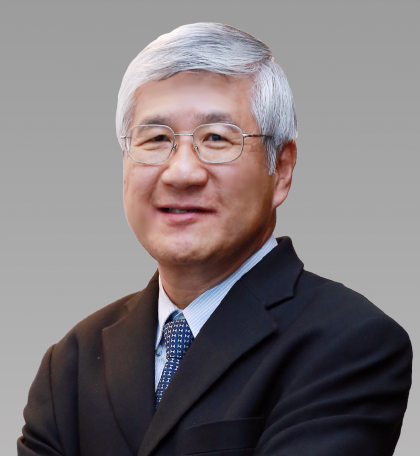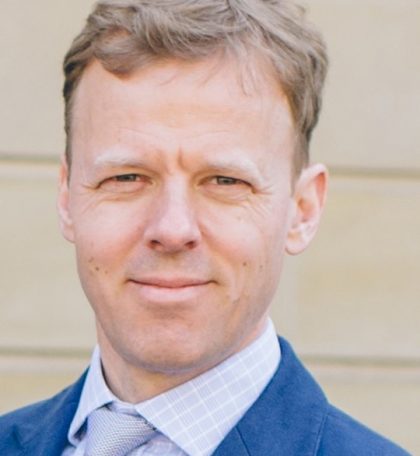Toward Sustainable Consumption: Policy Approaches and Perspectives

Timing: This workshop will be held on November 16, 8-10 a.m. (CET)
Contents
Output
Organizers
Nordic Council of Ministers
National Science and Technology Development Agency (NSTDA), Thailand
Chairs

Moderator: Morten Jastrup
Managing Partner, Nordic Sustainability
Thematic focus
Trends toward sustainable consumption can be diverse depending on different factors such as demographic, income, lifestyles, culture or social concern. This workshop aims to demonstrate the different perspectives on how sustainable consumption can be achieved through bio-economy policy. Cases studies from different regions will be illustrated. An interactive white boarding session will be conducted with workshop participants divided into three groups based on their professional focus areas (Asia, Nordic, other international).
The objective of this workshop is:
To develop stakeholder maps for a better understanding of how bio-economy policy can support sustainable consumption.
Expected outcomes of the Workshop:
Graphical representations of the developed stakeholder maps.
Format
Starting with a plenary, the workshop will be split up into working groups during its agenda (see below for more information).
Agenda
All times refer to CET. Current time:
08:00 – 08:05: Welcome & Introduction to agenda by Co-chairs
Torfi Johannesson, Thumrongrut Mungcharoen
08:05 – 08:07: Polling of participants for clustering into group work later in the program
Participants choose if they have experience in the context of either: a) Asia b) Nordic or c) other International.
08:07 – 08:31: Global and Regional Perspectives on bio-economy policy and sustainable consumption
(3 x 6 mins presentations) Description: This section will illustrate global and regional bio-economy policy on sustainable consumption.
Global Perspective on bio-economy policy & sustainable consumption
Speaker: Garrette E. Clark, Sustainable Lifestyles Programme Officer, Consumption and Production Unit, UN Environment, Paris
Perspective from NORDIC (title: “10 trends for the bio-economy and how they will affect consumption pattern”)
Speaker: Morten Jastrup, Managing Partner, Nordic Sustainability
Perspective from ASEAN (title: “ASEAN BCG network: policy to encourage sustainable consumption”)
Speaker: Thumrongrut Mungcharoen or NSTDA representative
08:31 – 08:37: Q&A
Moderated by Morten Jastrup
08:37 – 09:01: Deep-dive presentation: Case studies on bio-economy & sustainable consumption
(3 x 6 mins presentations)
Deep-dive presentation 1: An international perspective on the future of textile bioeconomySpeaker: RWTH Aachen
Deep-dive presentation 2: Sustainable food system- how culture shift became the driving force for more sustainable food consumptionSpeaker: Marie Persson, Project Manager, Nordic Council of Ministers)
Deep-dive presentation 3: On-the-ground innovations for responsible and reliable living: From the individual behavior changes to the co-creation of alternative living contextsSpeaker: Atsushi Watabe, Programme Director, IGES)
09:01 – 09:07: Q&A:
Moderated by Morten Jastrup
09:07 – 09:37: Group work
Participants are divided into groups based on professional focus areas: a) Asia b) Nordic or c) Other world regions.
-
-
- A brainstorming session is facilitated using a digital whiteboard, where participants map stakeholders to facilitate discussion of how to create greater interaction and exchange internationally.
- The brainstorming session is split in two steps. First to create a list of important stakeholders and second a discussion-based construction of manifest, desirable and problematic relations between them.
- The session should create a visible result in the form of a network visualization.
-
Moderators: Marco Schmitt, Christoph Heckwolf, Thomas Köhler
09:37 – 09:47: Presentation of group work results
Objective: Presentation of findings from group workParallel working groups
Moderator:
Marco Schmitt
Moderator:
Christoph Heckwolf
Moderator:
Thomas Köhler


